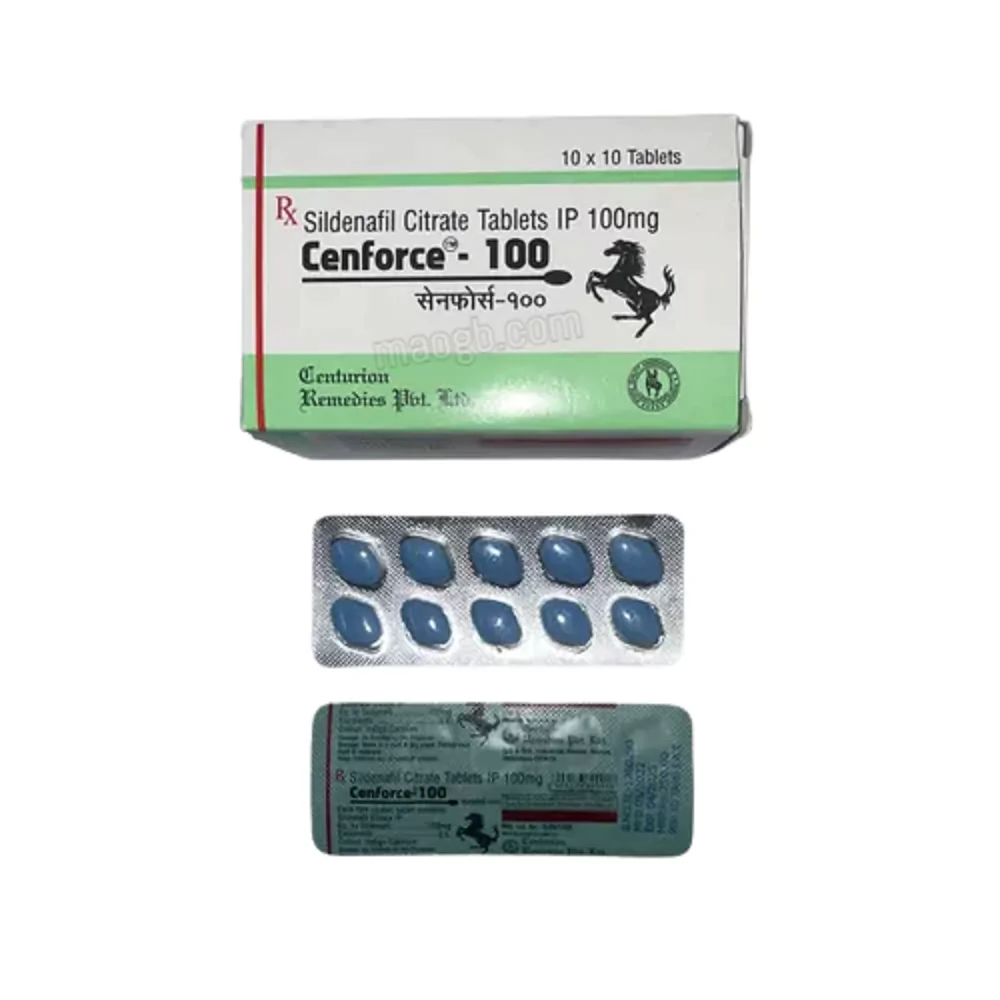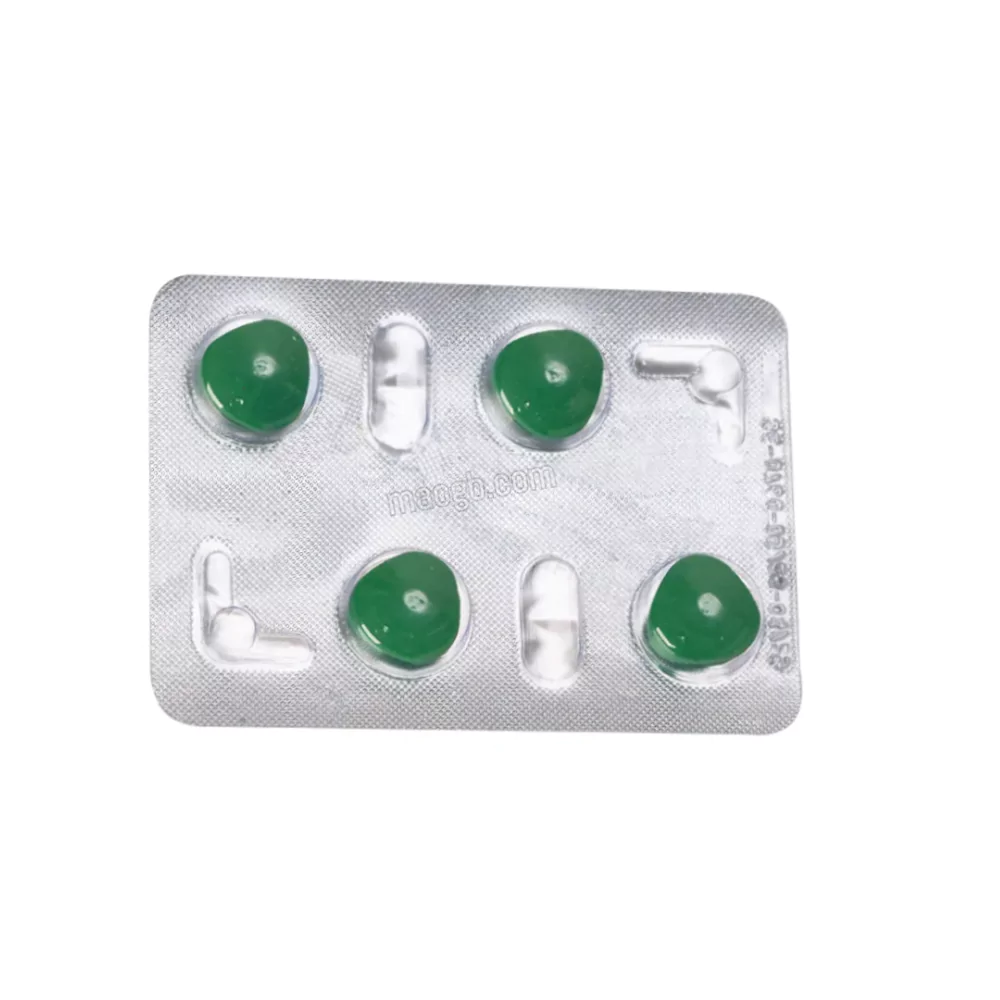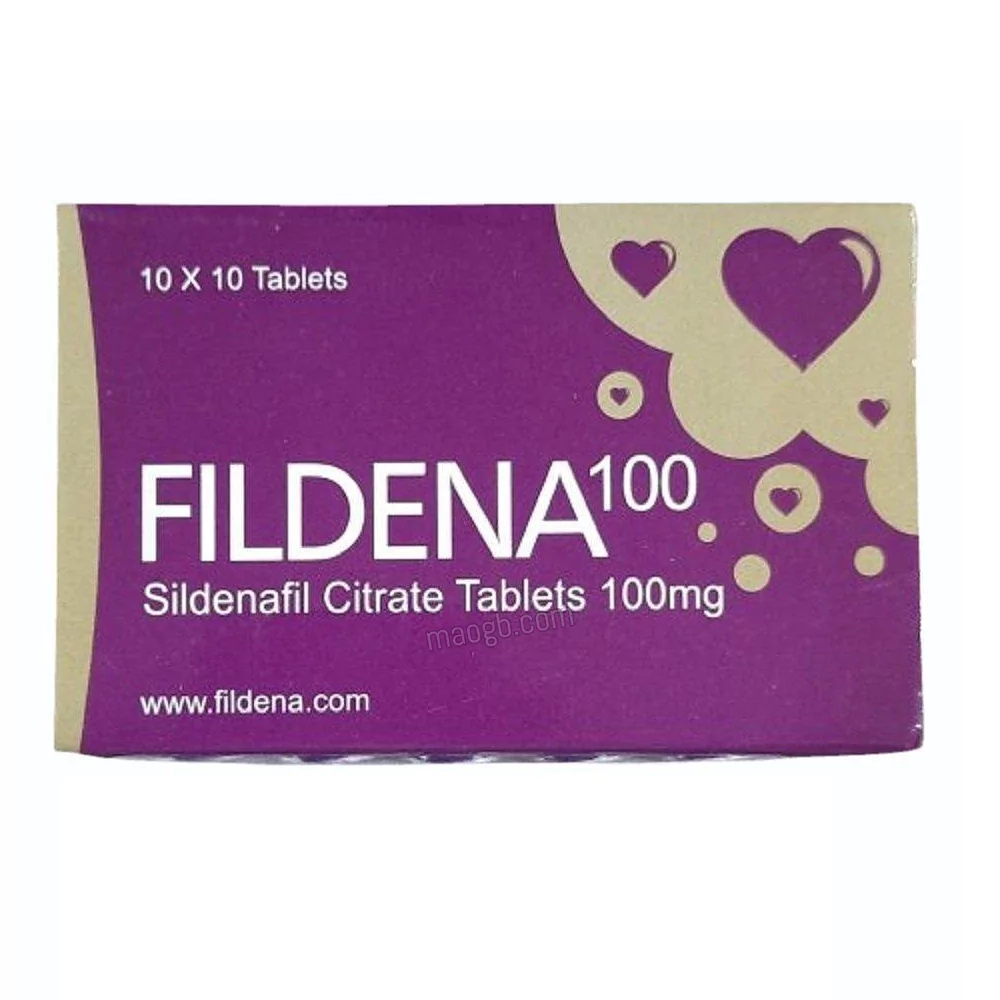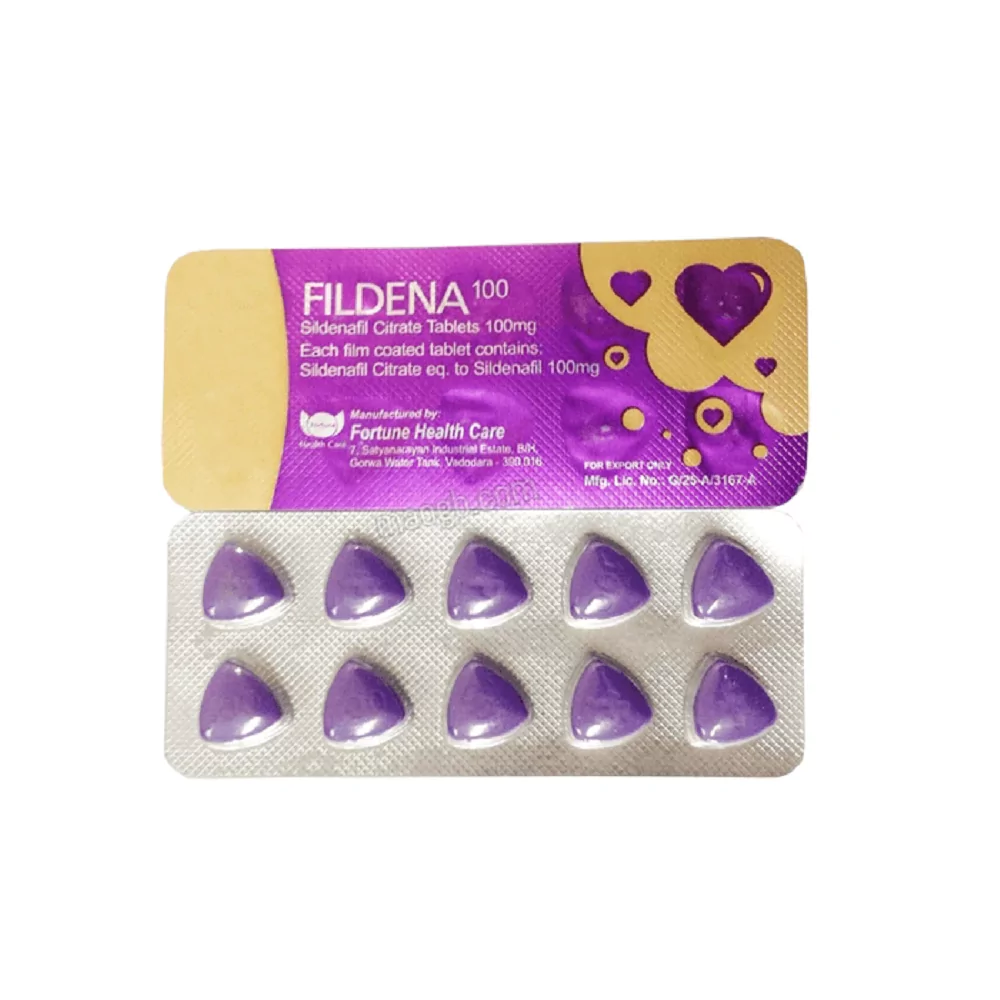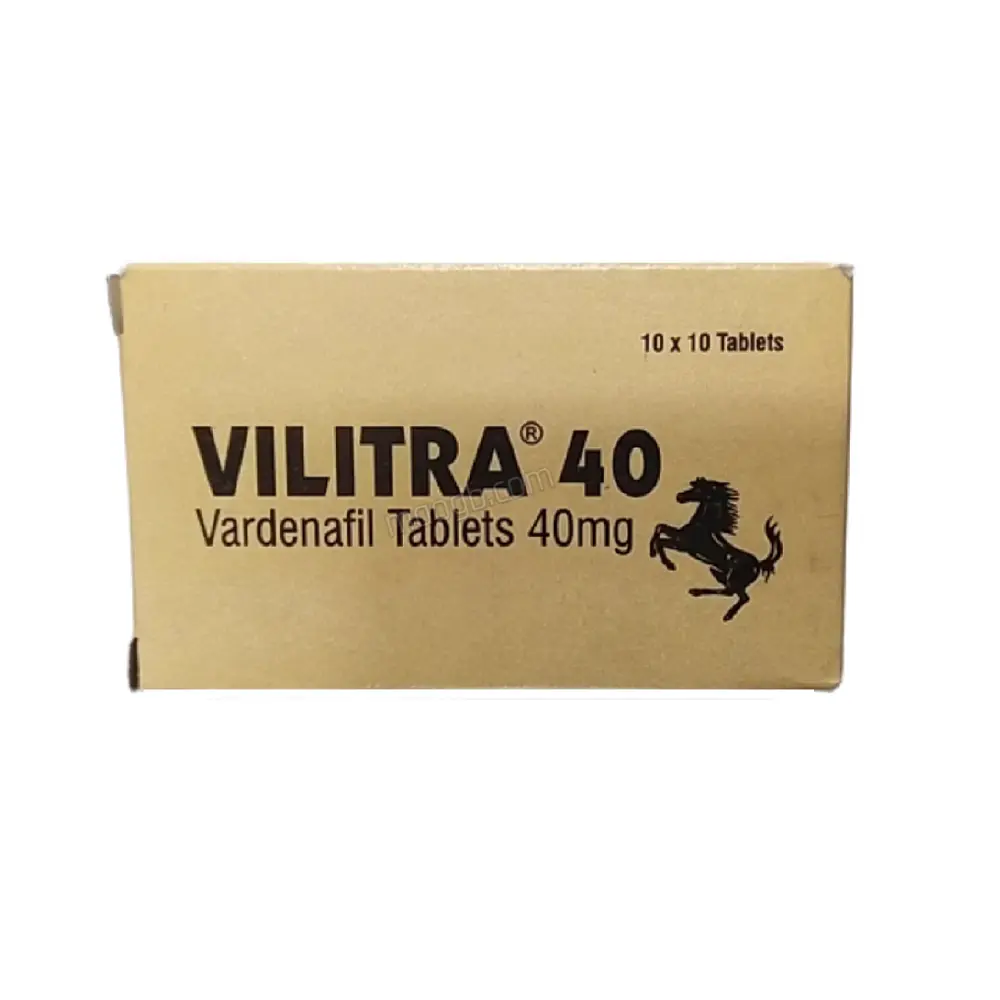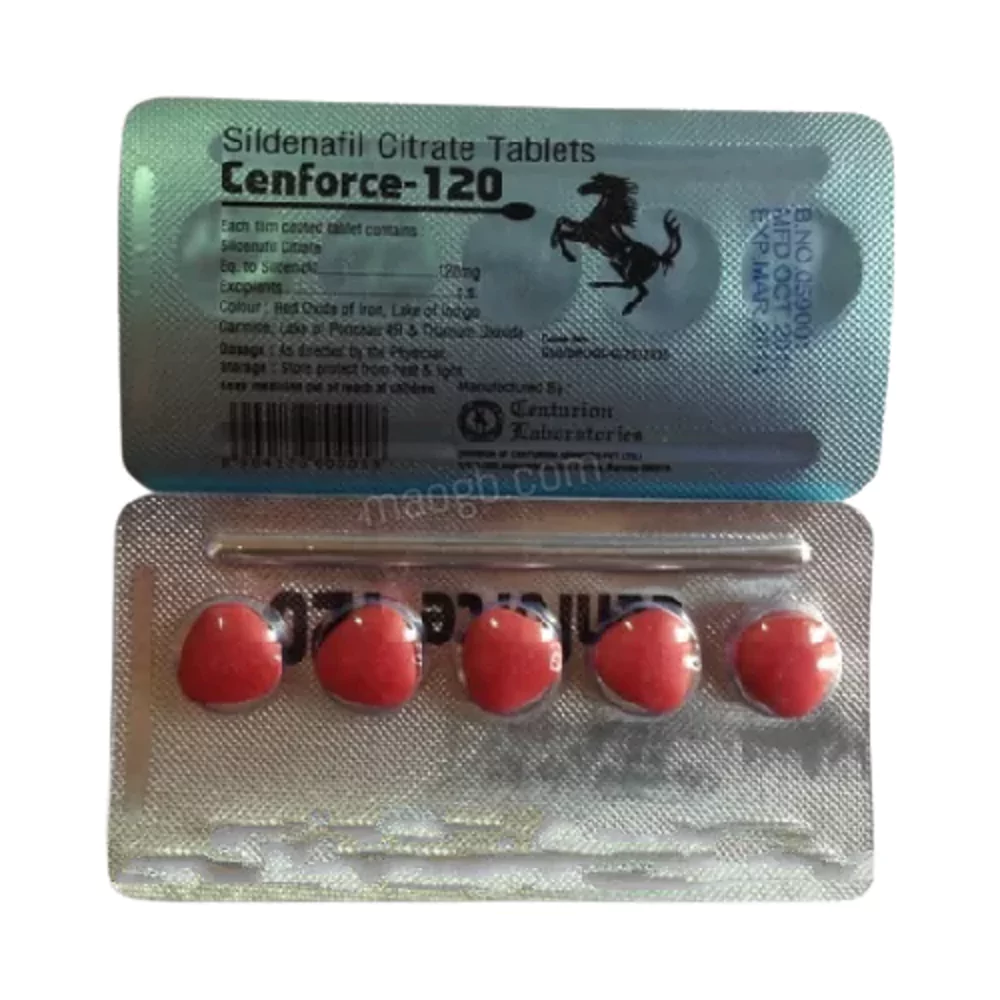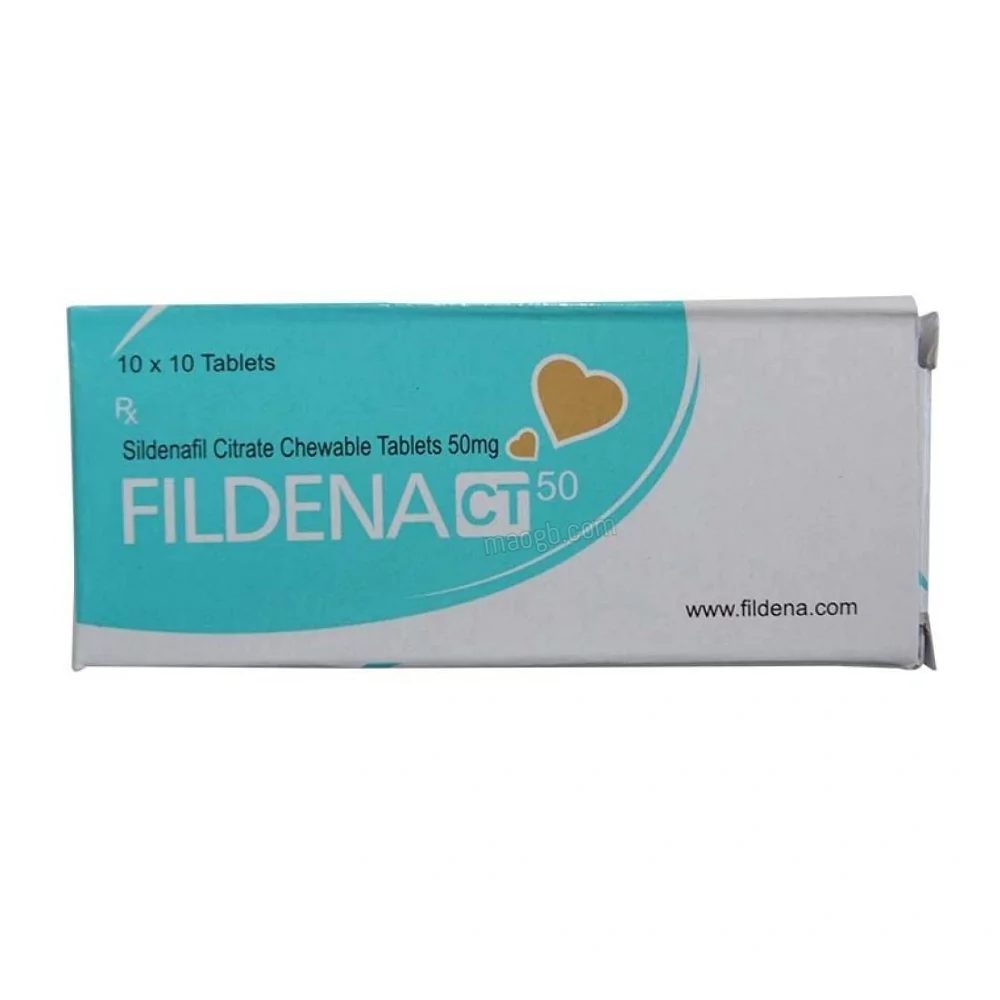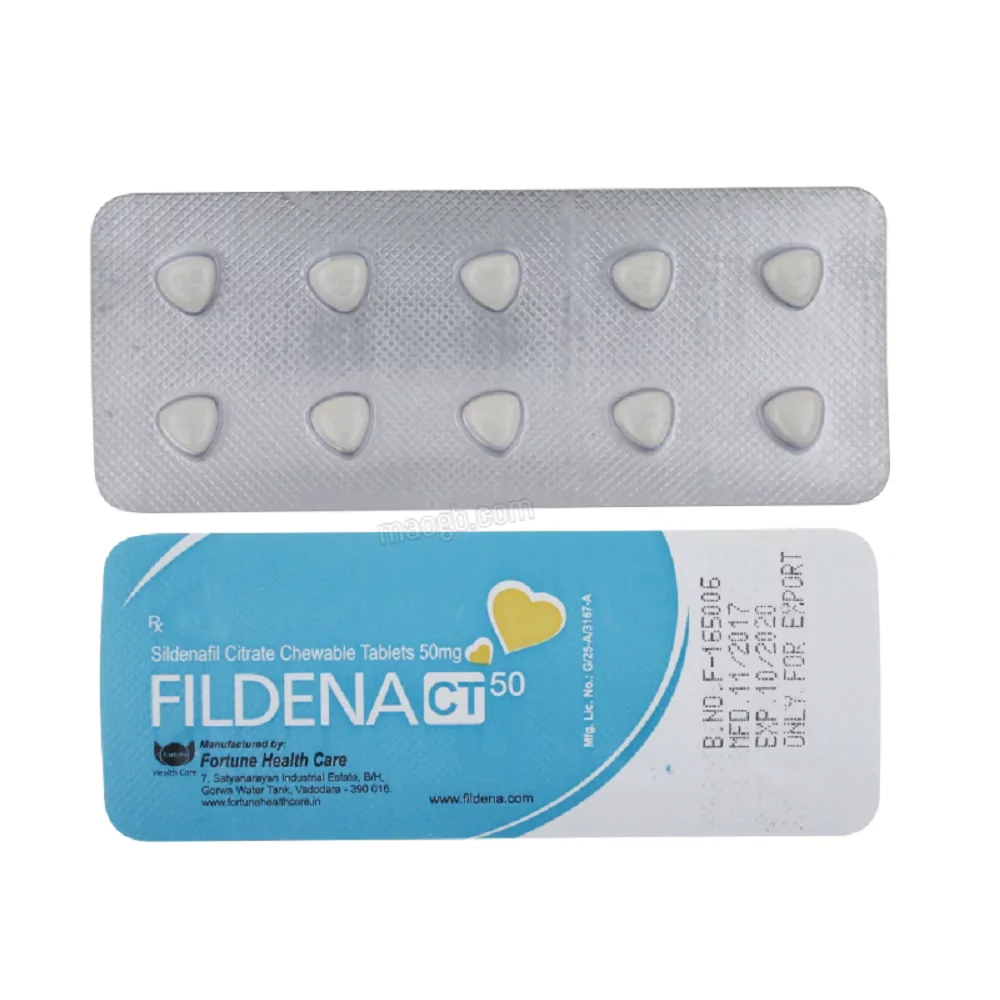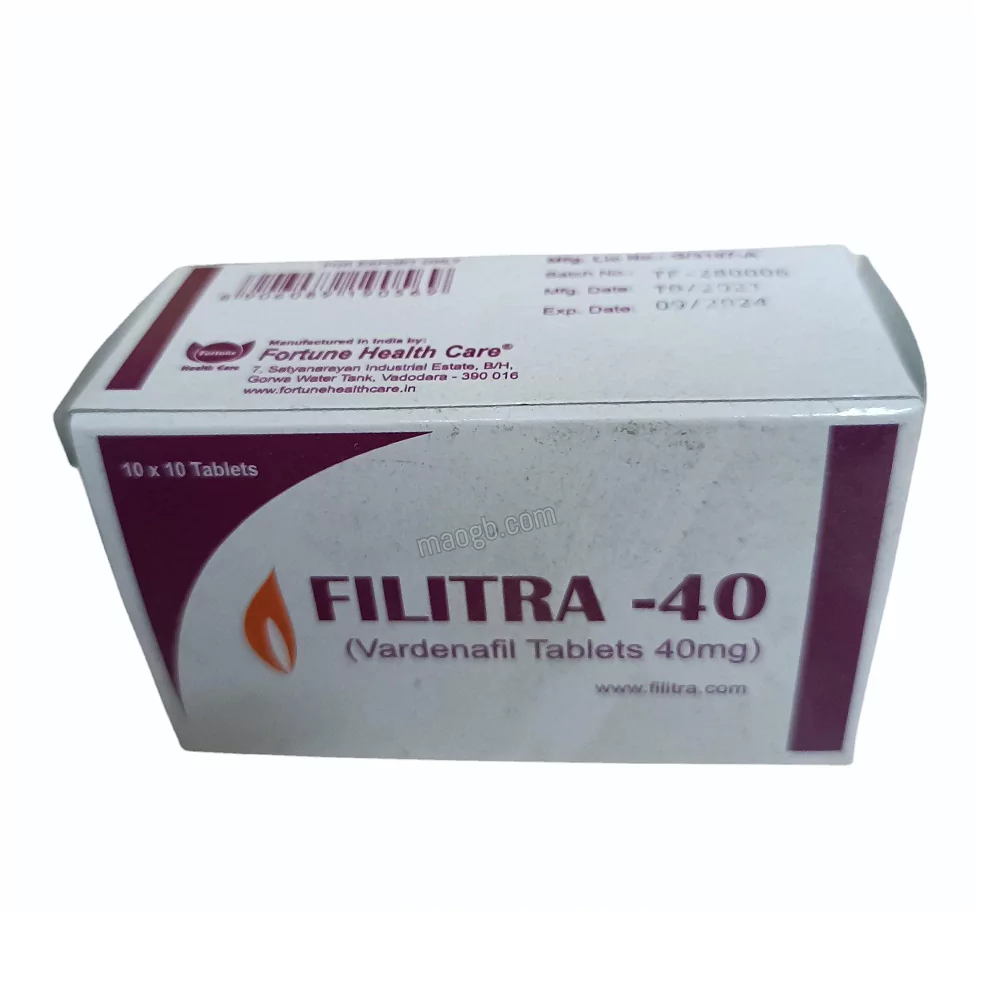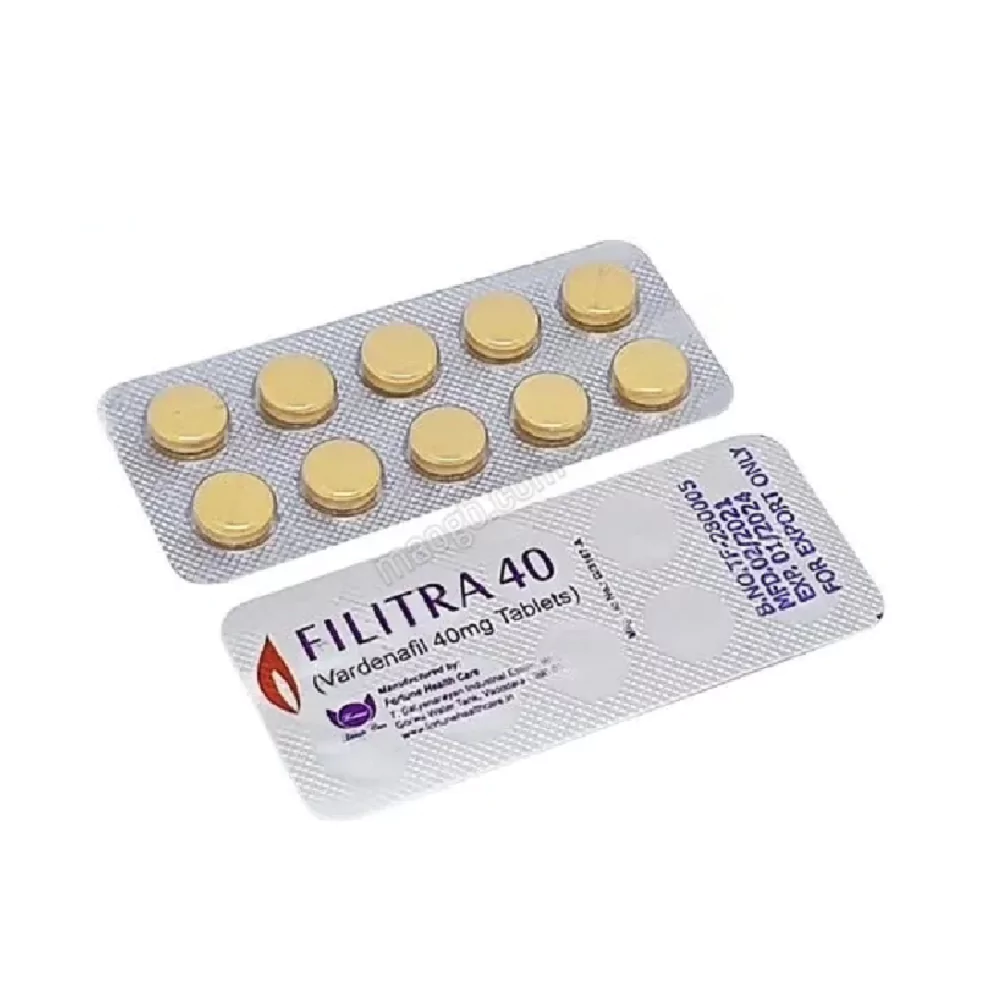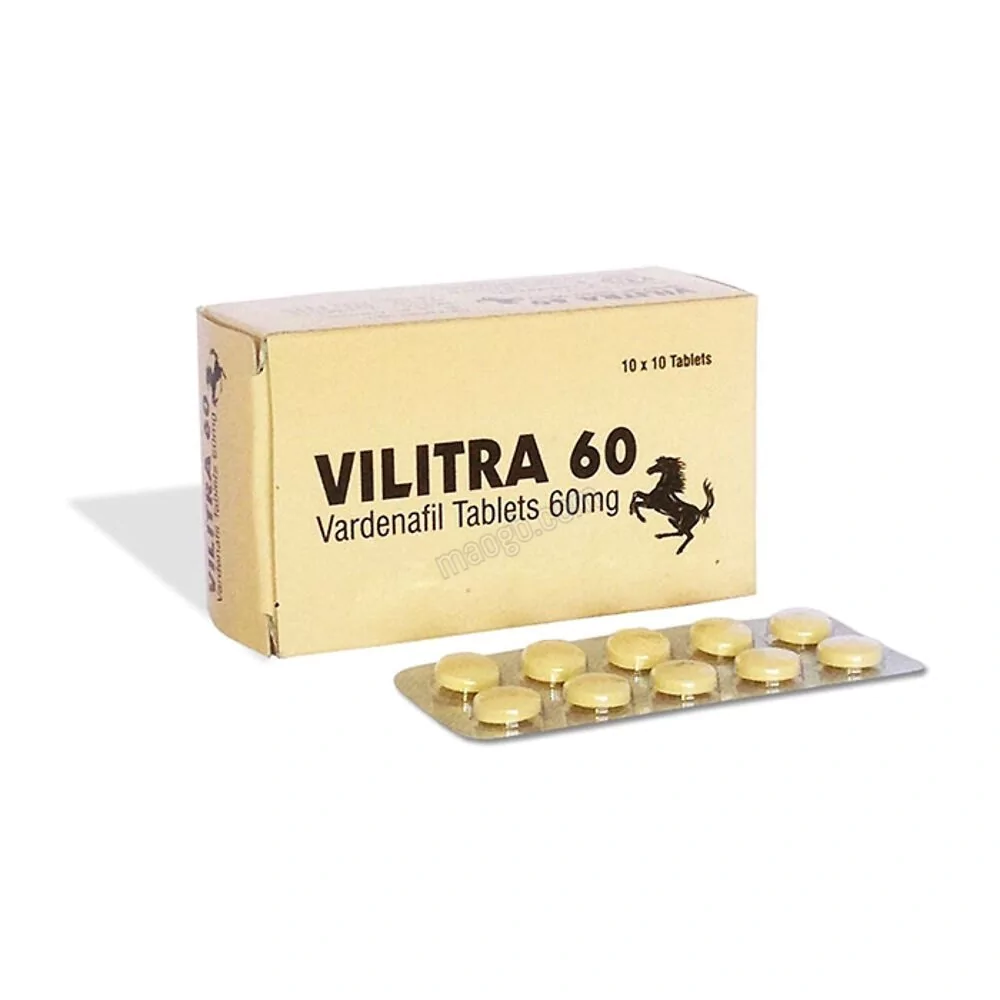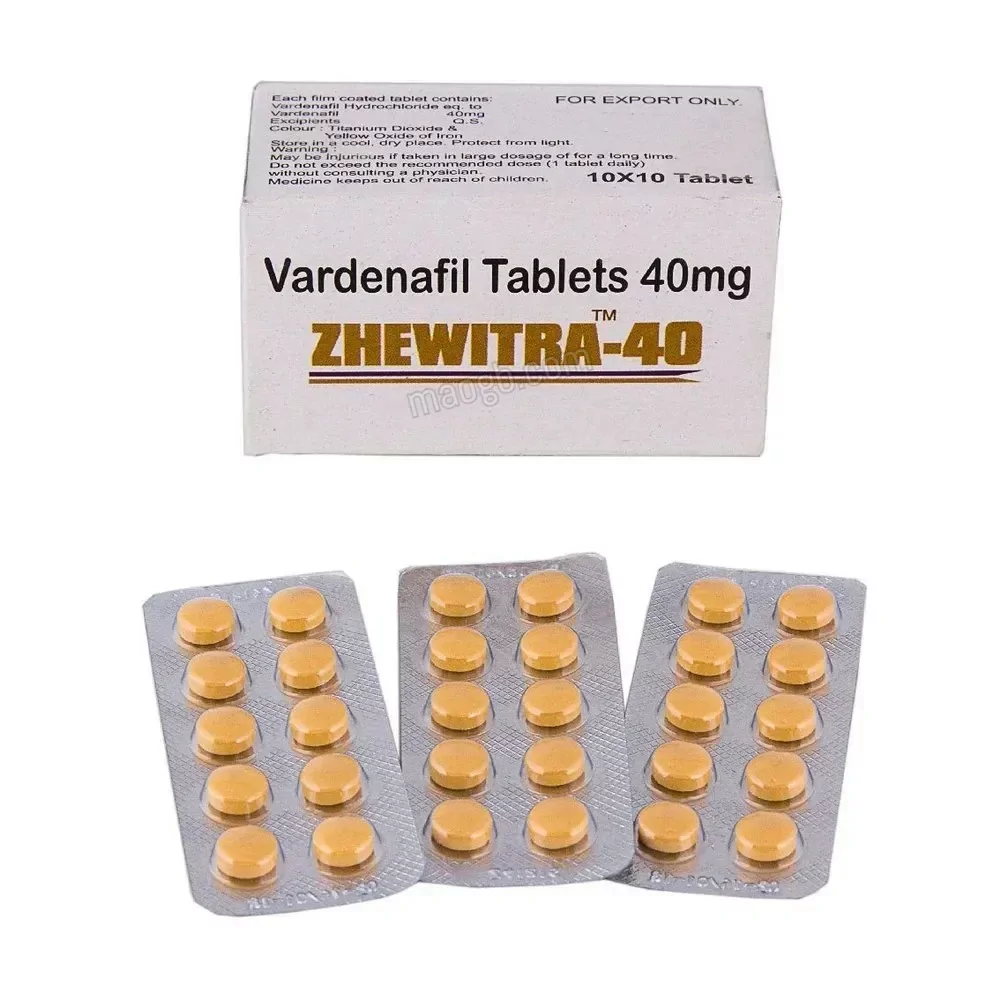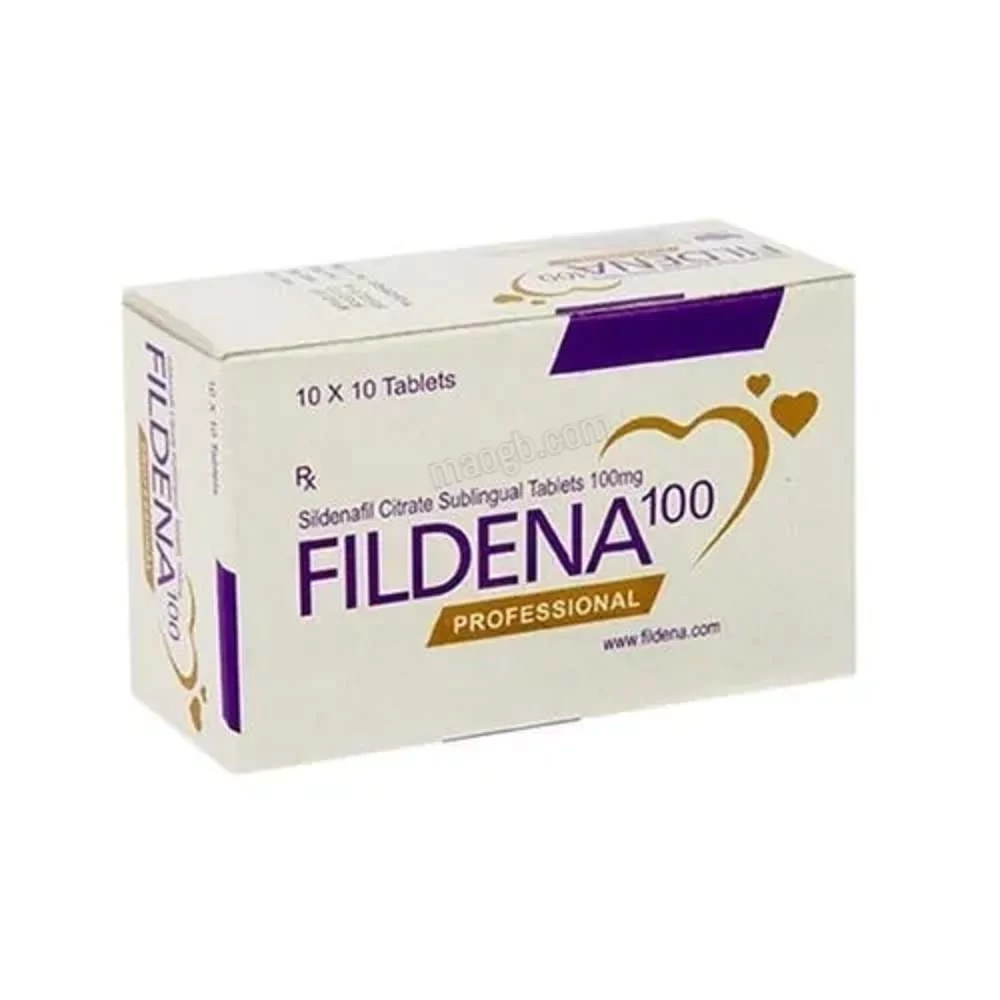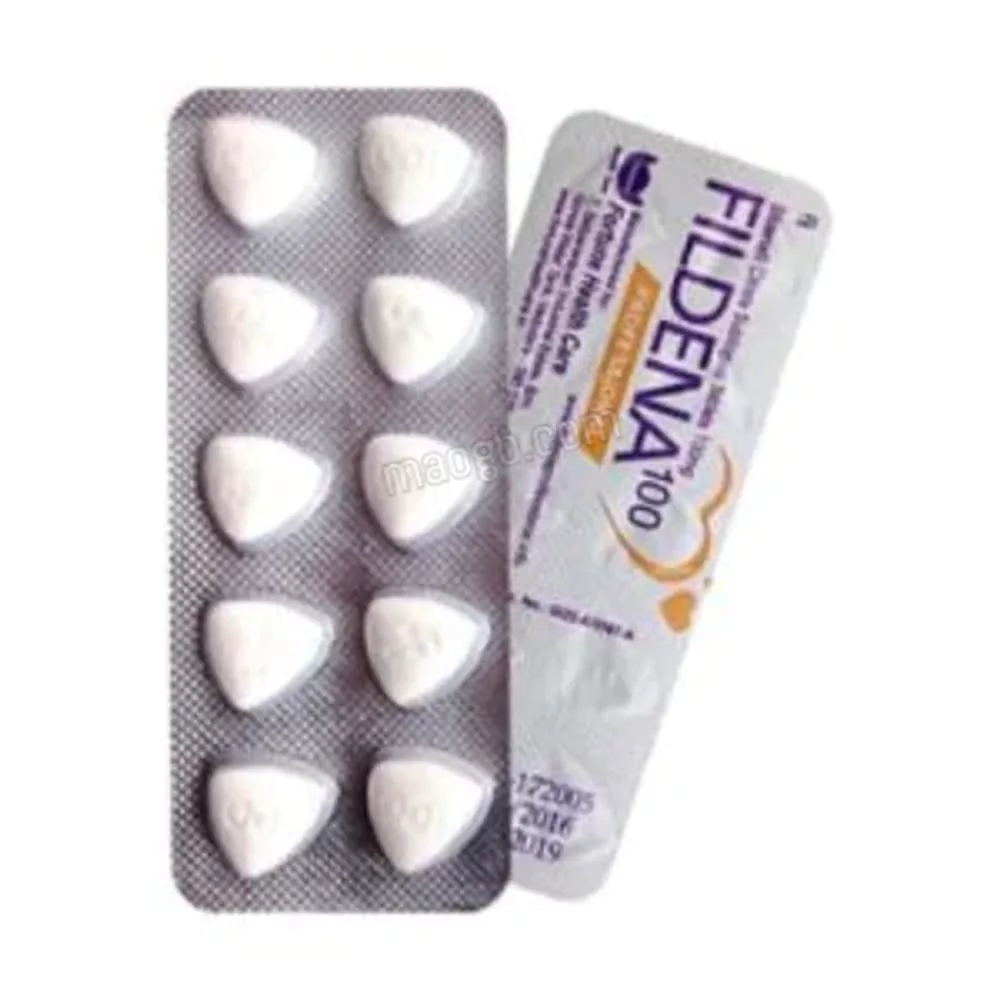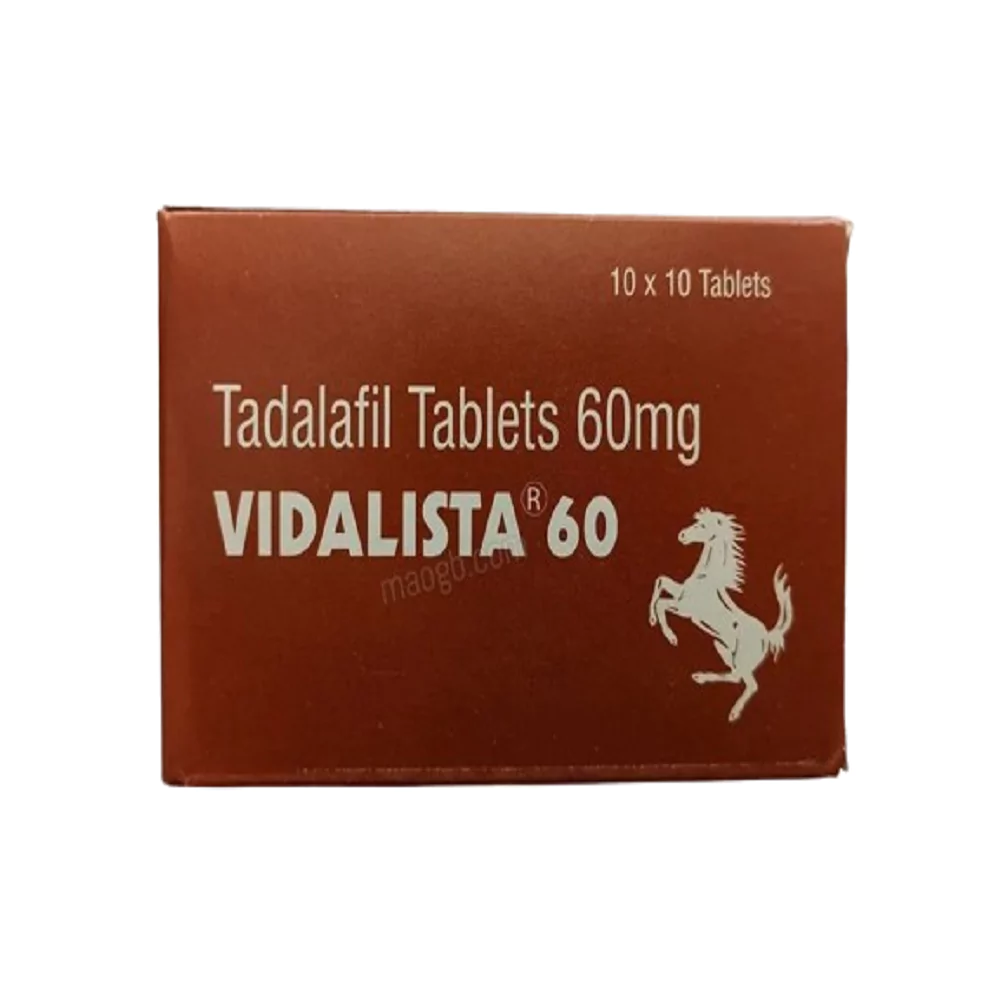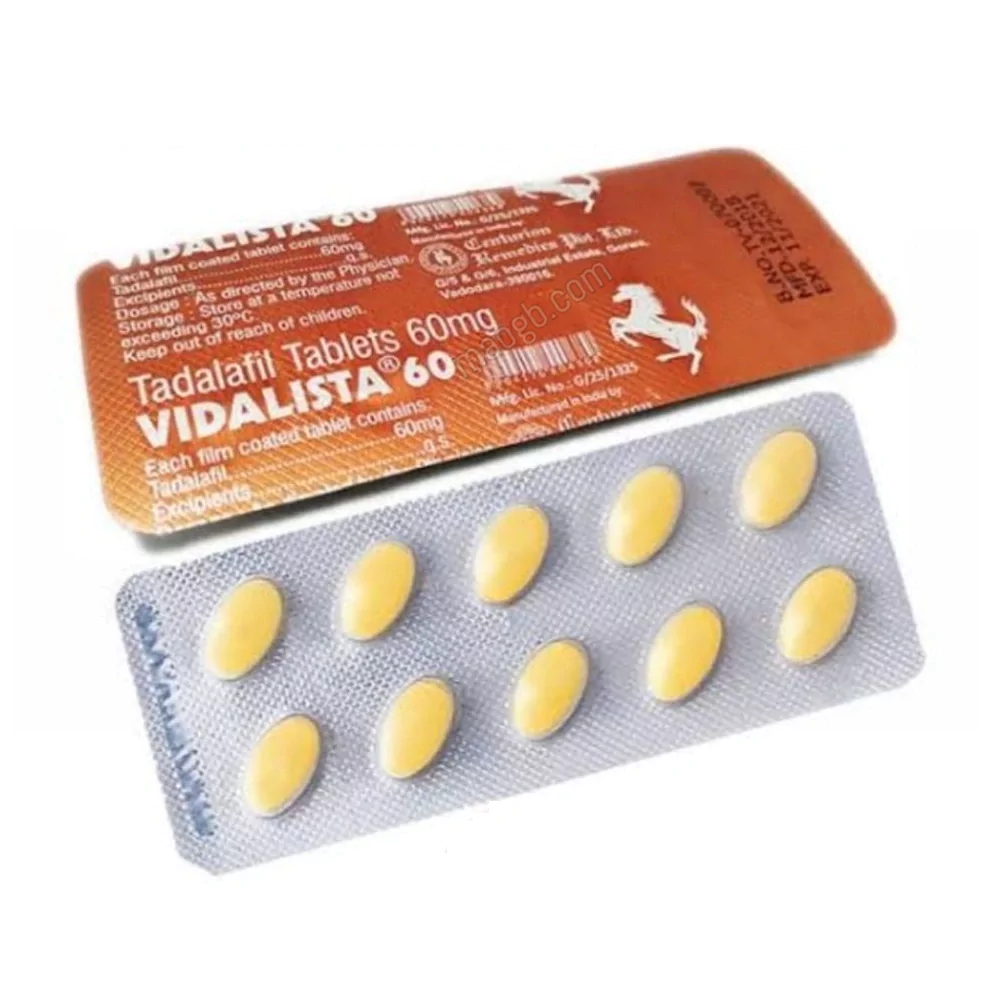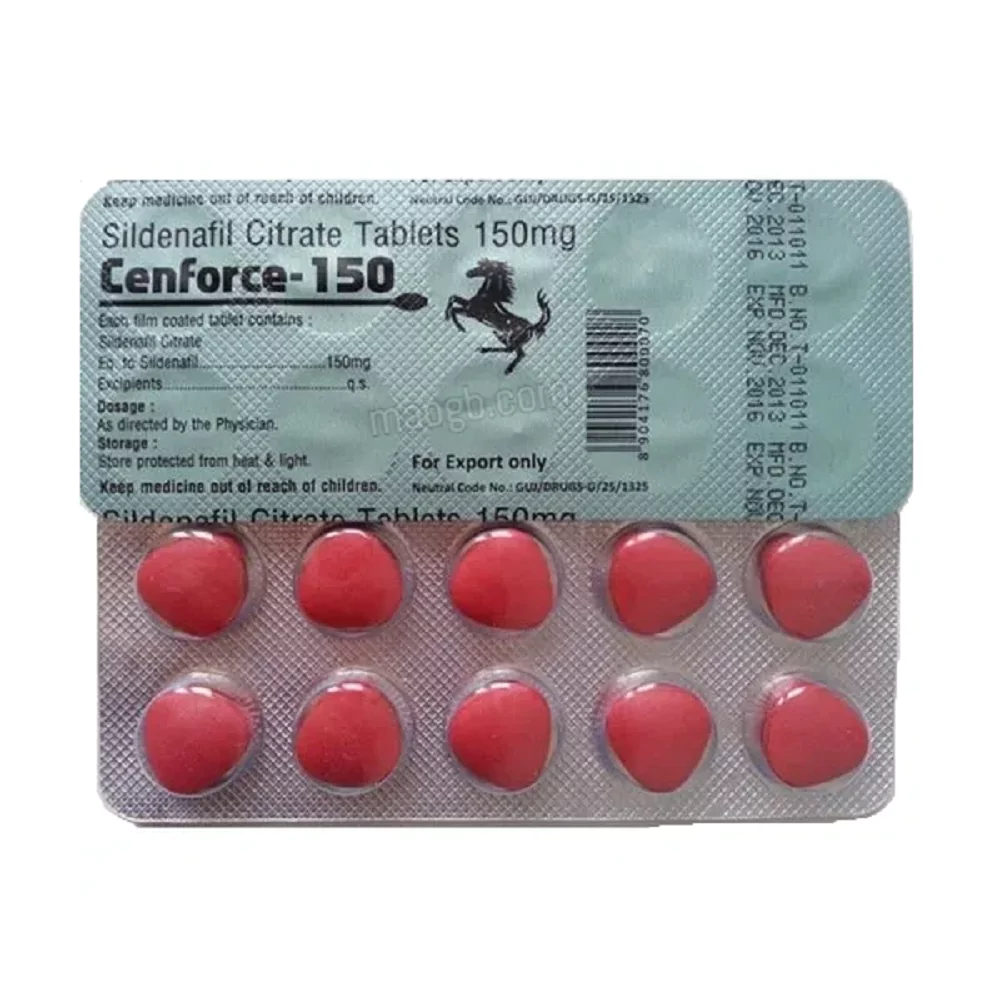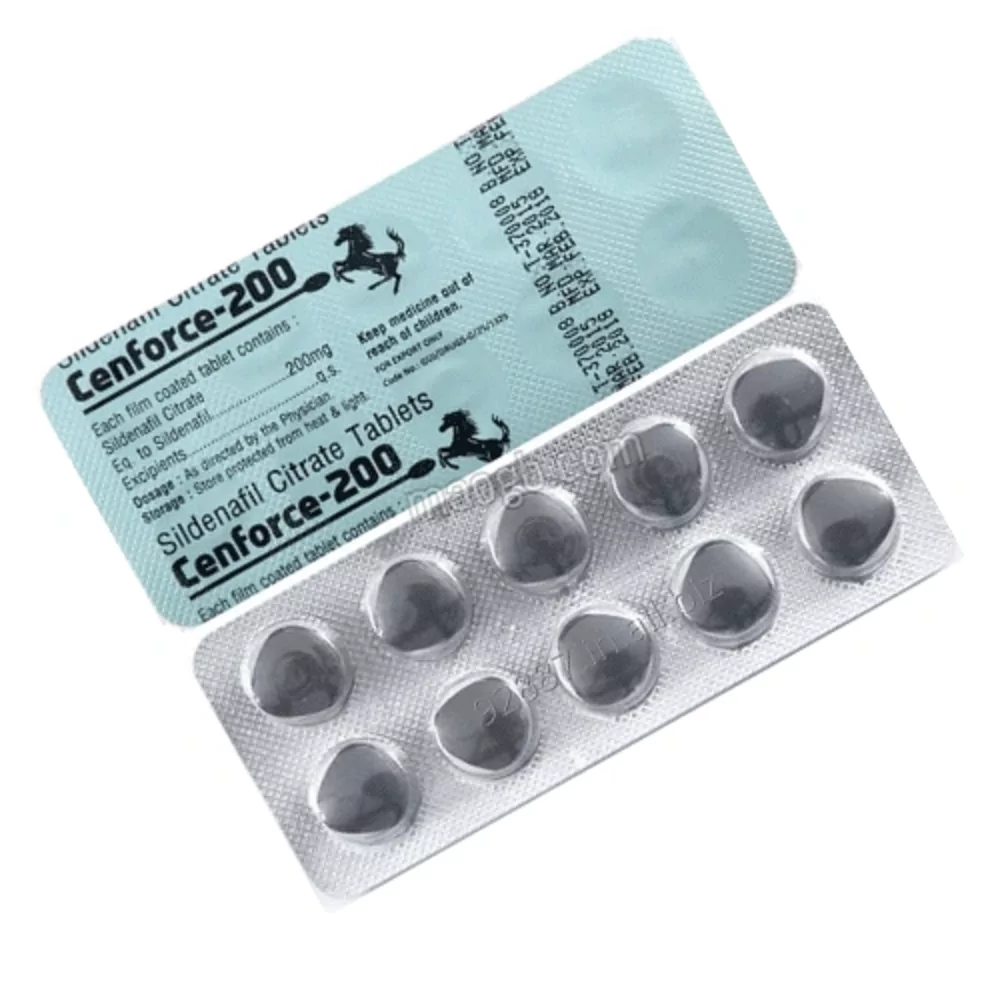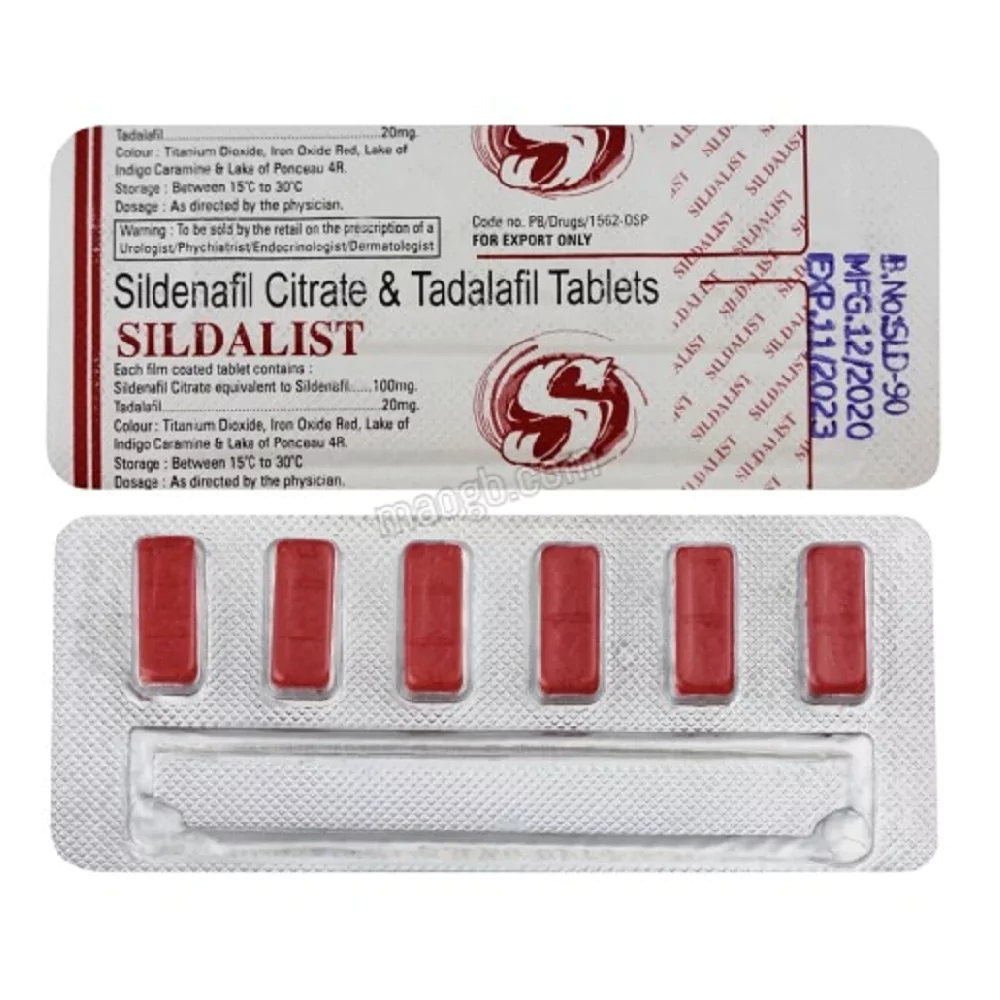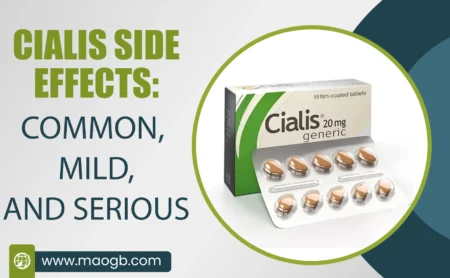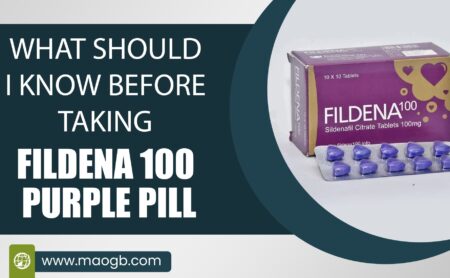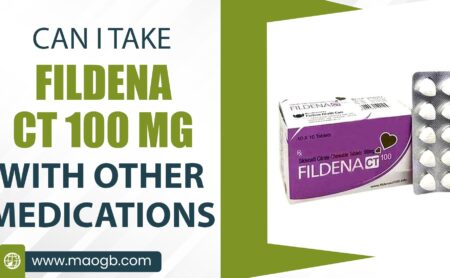Fast Shipping
24/7 support
Secure Packaging
Genuine Products


Bestsellers
Cenforce 100mg Sildenafil Tablet
In stock
$45.00 – $105.00Extra Super Avana Avanafil Tablet
In stock
$196.00 – $564.00Fildena 100mg Sildenafil Tablet
In stock
$45.00 – $105.00Vilitra 40mg Vardenafil Tablet
In stock
$65.00 – $165.00Zhewitra 20 Oral Jelly Vardenafil
In stock
$54.00 – $120.00Deal Of The Day
Cenforce 120mg Sildenafil Tablet
In stock
$50.00 – $120.00Fildena CT 50mg Sildenafil Tablet
In stock
$45.00 – $105.00Filitra 40mg Vardenafil Tablet
In stock
$55.00 – $135.00Vilitra 60mg Vardenafil Tablet
In stock
$75.00 – $195.00Zhewitra 40mg Vardenafil Tablet
In stock
$65.00 – $165.00Featured Products
Fildena Professional 100mg Sildenafil Tablet
In stock
$50.00 – $120.00Vidalista 60mg Tadalafil Tablet
In stock
$65.00 – $165.00Cenforce 150mg Sildenafil Tablet
In stock
$65.00 – $165.00Cenforce 200mg Sildenafil Tablet
In stock
$85.00 – $225.00Sildalist 120mg Sildenafil Citrate & Tadalafil Tablet
In stock
$40.00 – $112.00Shop By Categories
Trending Blog
Erectile Novus: Best ED Drug Source
Erectile Dysfunction has affected more than 30 million men around the world, and this number is rising. Luckily, we have hundreds of treatment options against this condition, but they might not work if the quality we are getting is poor. Patients need a trusted option where they can purchase their ED medicine. The quality solution for ED-affected men is Erectile Novus. This name has gained the popularity it deserves because of its amazing features and commitment to its buyers. This is currently the best online store selling medications for Erectile Dysfunction. Suffering on the internet, you will find hundreds of sellers claiming to be providing only the best quality medications for your condition. However, Erectile Novus doesn’t claim this; it proves it. Novus’s years of experience have helped it earn the trust of thousands of patients and professionals.
Best Features of Erectile Novus
A good-selling website doesn’t depend on its inventory alone. There are many requirements for buyers, and Novus complements them all. This store has some of the best features to help buyers make purchases. We ensure every customer has a smooth experience, and we have perfected the following important features.
Original and High-Quality Product
The best feature of Erectile Novus that every customer praises this store for is its quality. All the medications you find in this store are FDA-approved and are 100% original products. We outsource all the ED medicine from the most trusted manufacturers to ensure its quality. All the medications you will get from Novus will be of high quality and from genuine manufacturers.
Lowest Prices
One thing about Novus that makes it a better source of ED drugs than all other sellers is its price rates. All the medicine you get from Novus is at way lower prices than what you get from other sellers. As you only buy in bulk from Novus, the medicine you get will give you a huge profit margin. After the discounts and sales, the price of each pill becomes 15 to 40% lower than the usual price we get in the market.
Package Security
Package security is a big concern for many customers. As you will be ordering a huge bulk of medicine, you don’t want any pill to be damaged. Erectile Novus solved this issue by partnering with the most credible delivery service provider. All the medication you will get will be in its original form, shape, and packing. Your order is secure and protected and far away from any possible damages.
Quick Delivery
One of the best features of Erectile Novus is its delivery service. The order you place in this store will be delivered to your doorstep not just safely but also quickly. The delivery doesn’t take long, regardless of where you are from. Novus has a delivery service available across the globe, including America, Australia, Canada, and the UK. Also, the delivery cost is very affordable and doesn’t become a huge burden on the customer.
Secure Site
As you will be providing your personal information and credentials with us on the website, the developers must ensure that all your information is secure. The website is SSL-protected, which means all the details you provide are protected. The information customers provide is not shared with any third party. They will be stored in the website’s personal storage cloud and deleted after some time. Also, you can choose whether you want your information to be saved in the store’s data.
Refund Policy
Erectile Novus also has a very customer-oriented cancellation and refund policy. As you will be purchasing bulk from this store, we ensure you feel secure about your order; hence, we have a refund policy for our customers. There are requirements, terms, and conditions regarding the return of the products. We highly suggest you read our store’s refund and cancellation policy to familiarize yourself with the conditions.
24/7 Support
On Erectile Novus, we ensure every customer has a smooth experience while exploring our website. To do this, we have introduced the 24/7 support feature. You have a team of professionals ready to help you in any matter you are confused about. If you have certain concerns about the store’s policy or want to ask certain questions about the product, you can reach out to our 24/7 support team and get all your queries answered.












